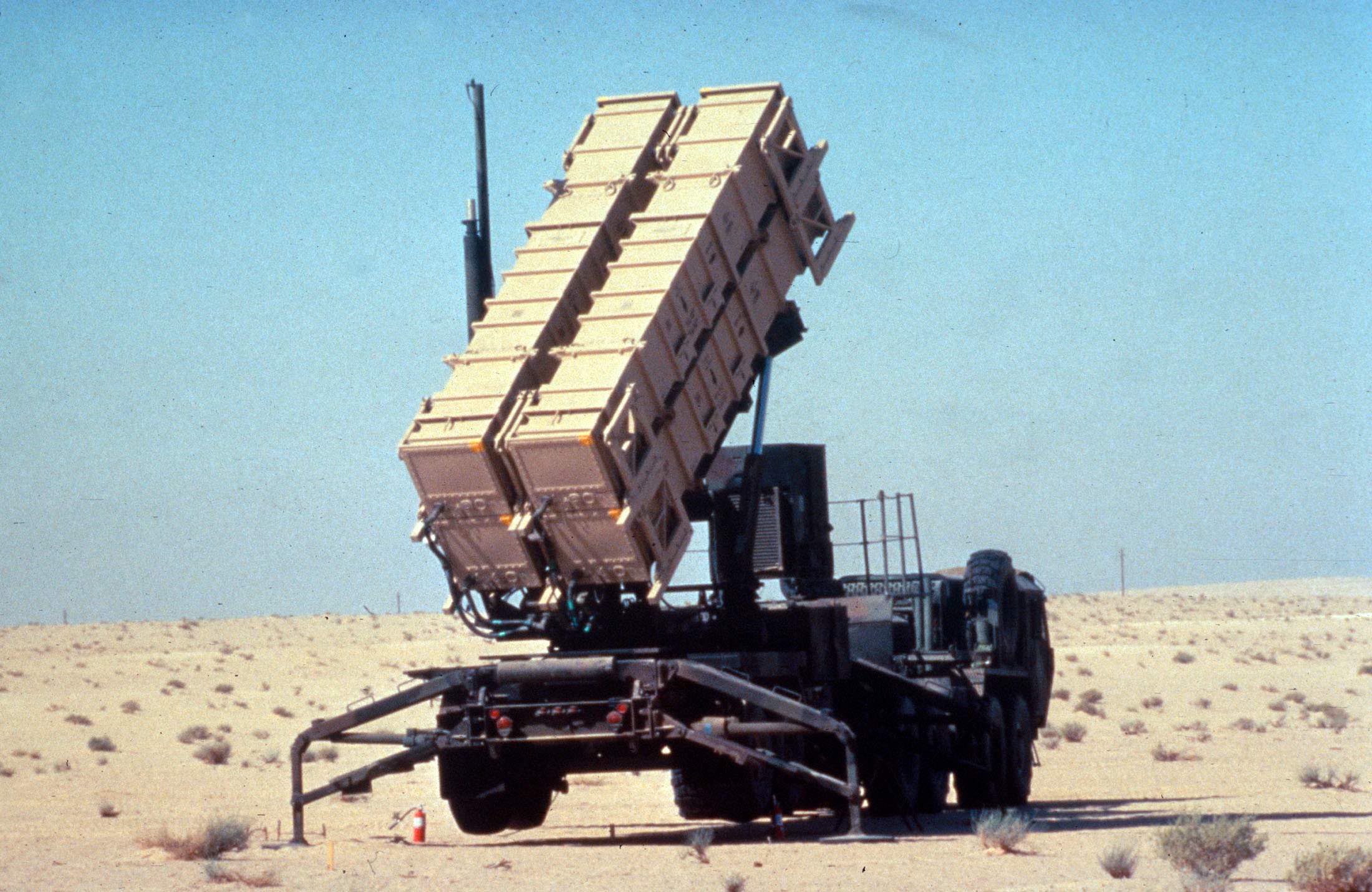NATO favors Turkey’s Patriot missile demand, Russia opposed

By Sara Rajabova
Prime Minister Recep Tayyip Erdogan said Thursday that Turkey's request for the deployment of NATO missiles in the country was aimed at boosting Turkey's defensive capabilities against possible attacks on a NATO ally, Anadolu news agency reported.
"This is a defensive step which we have taken as Article 4 of the founding treaty of NATO makes Turkish territory a territory of the Alliance itself. The missiles will be deployed where our military decision makers deem necessary. This is entirely a defensive measure against possible attacks from the other side," Erdogan told reporters in Islamabad, Pakistan, where he is set to participate in a meeting of the Developing-8 countries.
Turkey on Wednesday made a formal request to NATO for the deployment of Patriot missiles possibly on along the Syrian border which saw an escalation of tensions between the two neighbors after a stray Syrian shell had landed in Turkey killing five people.
NATO Secretary General Anders Fogh Rasmussen said Wednesday that NATO would discuss Turkey's request without delay.
Releasing a written statement Rasmussen said, "such a deployment would augment Turkey's air defense capabilities to defend the population and territory of Turkey."
"It would contribute to the de-escalation of the crisis along NATO's south-eastern border. And it would be a concrete demonstration of Alliance solidarity and resolve," he noted, adding, "the deployment will be defensive only, and that it will in no way support a no-fly zone or any offensive operation."
"If approved, the deployment would be undertaken in accordance with NATO's standing air defense plan. It is up to the individual NATO countries that have available Patriots," he said.
The United States, Germany and the Netherlands are the only NATO members to have Patriot missiles in their arsenals.
Rasmussen said a NATO team would visit Turkey next week to conduct a site-survey for the possible deployment of the missiles.
Also, the NATO spokesperson Oana Lungescu said that all NATO members promised to respond positively to Turkey's request.
Lungescu said all NATO ambassadors, who gathered just after Turkey sent a letter to NATO demanding deployment of a Patriot missile along its Syrian border, stated they would assess the request positively.
Lungescu added that all NATO ambassadors said they were in full solidarity with Turkey.
The alliance has deployed Patriot surface-to-air missiles to Turkey twice before, once in 1991 and later in 2003, during both Gulf Wars, but they were not used. The missiles were provided by the Netherlands.
The United States also supports Patriot missiles deployment along Turkey's border.
U.S. Department of State's spokesman Mark Toner said that the U.S. took Turkey's demand seriously as a NATO ally, and it was positive about deployment of a Patriot missile.
Also earlier last week, the U.S. Defense Secretary Leon Panetta has said the United States supports the deployment of Patriot missiles along Turkey's border with Syria.
Meanwhile, the Netherlands will send a reconnaissance team to Turkey.
The Dutch government said on Wednesday it was considering a request from Turkey to send NATO Patriot missiles to the border with Syria.
The Dutch Defense Minister Jeanine Hennis-Plasschaert said that they would give a response after they held meetings with Turkey as well as Germany and the U.S.
German Foreign Minister Guido Westerwelle said on Wednesday he had told his ambassador to NATO to approve Turkey's request, Reuters reported.
Meanwhile, Russia opposes deployment of Patriot missiles near Turkey's border with Syria, the foreign ministry said on Thursday.
"This would not foster stability in the region," the Russian Foreign Ministry spokesman Alexander Lukashevich said, Reuters reported.
"The militarization of the Syrian-Turkish border is an alarming signal," Lukashevich told a weekly briefing.
"Our advice to our Turkish colleagues consists of something else entirely: to use its potential influence on the Syrian opposition to seek the start of an inter-Syrian dialogue as swiftly as possible, and not to flex muscles and move the situation in such a dangerous direction," he said.
Russia has vetoed three U.N. Security Council resolutions aimed at putting pressure on Assad and accuses the West of encouraging militants fighting his government.
Russia denies trying to prop up Assad, whose nation has been an avid buyer of its weapons and hosts a naval supply facility that is Moscow's only military base outside the ex-Soviet Union.
It says the crisis in Syria must be resolved without foreign interference, particularly military intervention, and that Assad's exit from power should not be imposed as a precondition for a political solution.
